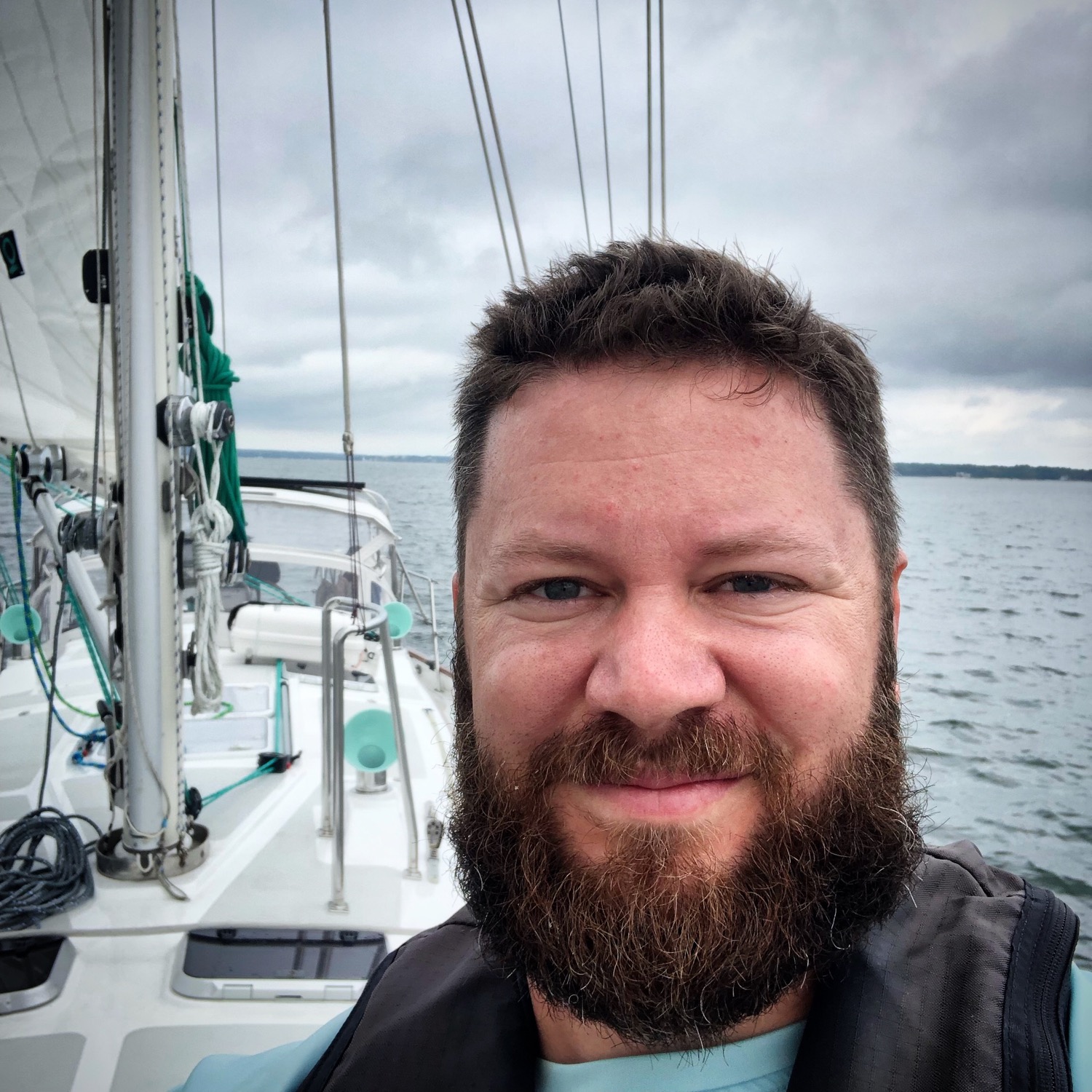The Tax Benefits of Buying a Boat as a Business
- Ben Ward
- Aug 14, 2025
- 4 min read
Updated: Aug 26, 2025
Why More Buyers Are Turning Their Passion for Boating Into a Profitable Business!

For many buyers, yacht ownership is no longer just about personal enjoyment—it’s also about smart investing and tax planning. The old adage that "a boat is not an investment" doesn't have to be true.
Realizing the tax benefits of buying a boat as a business involves a unique combination of lifestyle benefits as well as financial advantages that few other investments can match:
Diversified investment – Adds a tangible, income-producing asset to your portfolio.
Love of boating – Enjoy your vessel personally while it works for you the rest of the year.
Huge time savings – Charter management companies handle the bookings, maintenance, insurance, and turnover.
Turn-key operations – Step aboard a clean, fully stocked, and professionally maintained yacht every time.
Tax advantages – Structure ownership to capture significant deductions and reduce taxable income, potentially writing off the full value of the vessel.
Offset ownership costs – Charter income can cover dockage, insurance, maintenance, and financing, essentially reducing your costs to a much smaller number – possibly even turning a nice profit.
When paired with the right yacht—like a Lagoon catamaran—a smart ownership structure, and a highly reputable charter operation, the result can be a rewarding blend of leisure, cash flow, and tax efficiency. It's no wonder this approach has become so popular for savvy buyers.
The Bareboat Charter Market: Accessible and Proven
For many buyers who are purchasing a boat as a business, the bareboat market is the first choice. In this case, pre-qualified guests "rent" the yacht without a professional crew, operating it themselves. It’s the dominant model for Lagoon models under 51 feet, such as the Lagoon 42, 43, 46, and 51.
Why it continues to thrive in 2025:
Consistent demand from experienced sailors who know the vessels and destinations, many of whom return year after year.
Lower operating costs without full-time crew salaries.
Flexible owner use – Management companies typically allow generous personal use.
Worldwide appeal – Caribbean, Bahamas, and Mediterranean fleets are often booked months in advance.
The bareboat segment has weathered economic headwinds well, supported by a loyal customer base and steady repeat bookings. Boats in a bareboat fleet can easily go out for 20-24 weeks in the year.
Why Lagoons Over 51 Feet Require Crewed Charter Programs
Once you step into a larger vessel—such as the Lagoon 55, SIXTY 5, SIXTY 7, SEVENTY 7, or SEVENTY 8—the equation changes. These yachts must be placed into crewed charter programs due to:
Insurance requirements for licensed captains and crew while in a charter program.
Operational complexity from boat handling to advanced navigation and systems.
Guest expectations – Luxury clients demand premium service, fine dining, and curated itineraries tailored to their desires.
Crewed Lagoons dominate the high-end charter space, regularly commanding $30,000 to $80,000+ per week in peak Caribbean season, depending on the size of the vessel and the itinerary.
Leveraging an Active LLC for Maximum Tax Benefits
When your boat is purchased through an active LLC and legitimately operated as a charter business, you unlock substantial tax advantages.
Immediate Deduction with IRS Section 179
Section 179 allows you to deduct up to the full purchase price for qualifying business equipment—including yachts placed into charter—in the year they are put into service.
2025 limits and rules:
Deduction limit: $1,220,000 (phase-out begins at $3,050,000 in total qualifying purchases).
Bonus depreciation: 60% for amounts exceeding the §179 limit. So, depreciation and deduction can be combined for vessels worth over $1,220,000.
Business use requirement: More than 50% of the vessel’s use must be for business purposes.
Material participation: Owners must be actively involved or engage a professional management company.
For high-income taxpayers, this can recapture your down payment and much of the vessel’s cost in just the first year.
Depreciation for Long-Term Benefit
If your tax liability doesn’t allow for a full §179 write-off in year one, you can instead depreciate the yacht over five years under MACRS rules, aligning deductions with charter income.
Caribbean Basing: Duty and Tariff Savings
Choosing to base your Lagoon in the U.S. Virgin Islands (USVI) or British Virgin Islands (BVI) can deliver even more financial advantages:
Avoid the 1.5% U.S. import duty on foreign-built yachts.
Maintain U.S. Coast Guard documentation for easier financing, resale value, and flagging benefits.
Tap into one of the most reliable, year-round luxury charter markets in the world.
Pair Caribbean winters with Mediterranean or New England summers to extend the earning season.
Market Reality in 2025
Bareboat Lagoons under 51 feet remain a steady, profitable entry point for business-minded buyers.
Crewed Lagoons over 51 feet continue to perform strongly in the luxury segment, attracting high-net-worth clients unaffected by mainstream economic trends.
The Bottom Line: Tax Benefits of Buying a Boat as a Business
Whether your goal is to generate steady bareboat income while getting a few weeks of personal time on your boat or tapping into the high-margin luxury crewed segment, buying a Lagoon catamaran through an active LLC, leveraging IRS §179, and strategically basing the yacht in the Caribbean can transform yacht ownership into a tax-efficient, income-producing investment—while still giving you the joy of time on the water.
Contact us today to schedule a live virtual showing, get a detailed brochure with options on the models of interest, and review our charter proformas to learn what your projected net income could be by purchasing a boat as a business through an active LLC.
Disclaimer: This article is for informational purposes only and should not be considered tax or legal advice. Always consult a qualified maritime attorney and CPA before making ownership and structuring decisions.





Comments